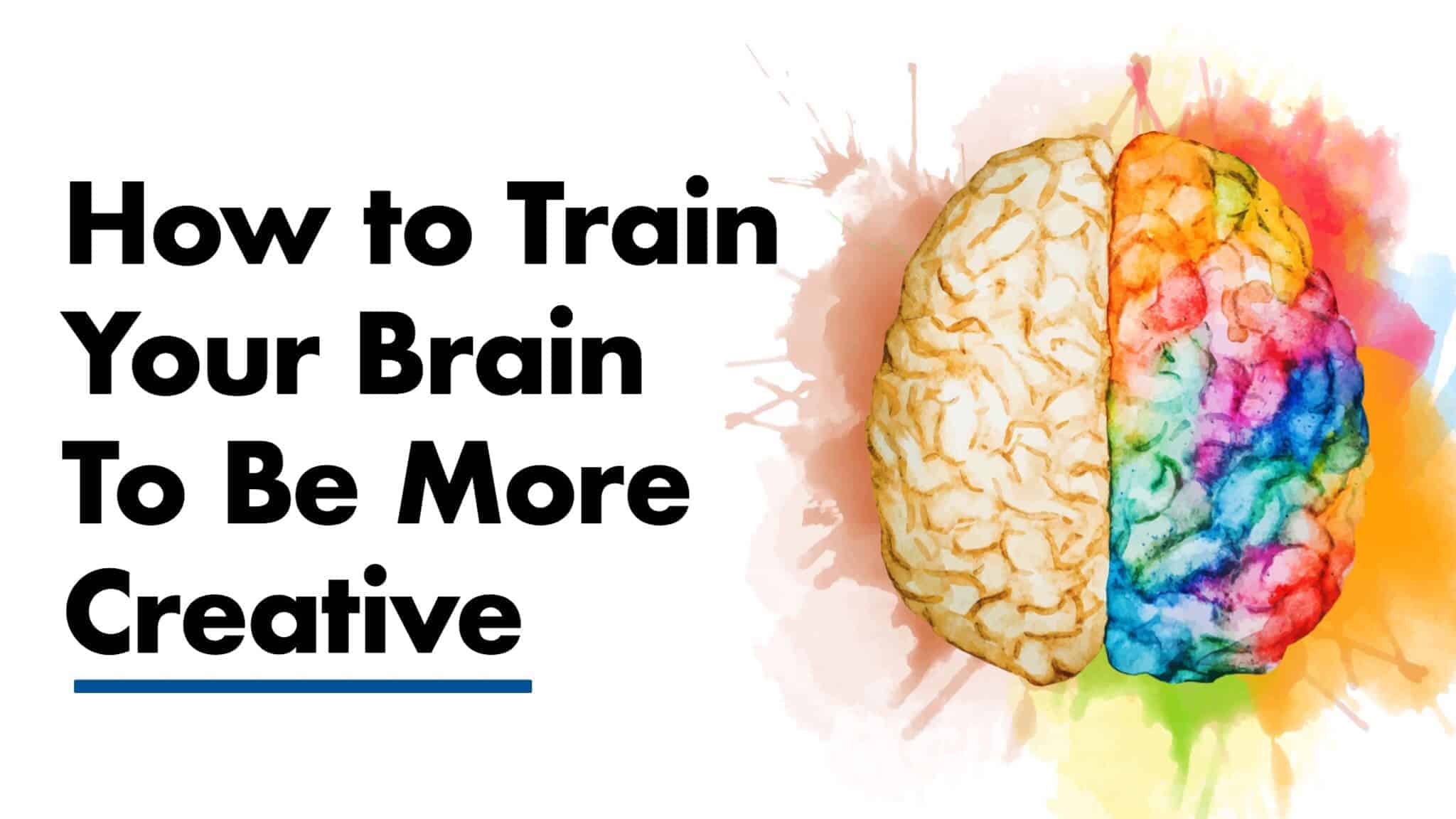“Imagination is more important than knowledge. For knowledge is limited to all we now know and understand, while imagination embraces the entire world, and all there ever will be to know and understand.”
“Creativity is intelligence having fun.” – Albert Einstein (both quotes)
Einstein was a unique genius in that he possessed extraordinary (unprecedented?) gifts for the sciences, which may only be superseded by his insatiable creativity.
But this article is not about Mr. Einstein’s creativity – it’s about how we can expand upon our brain’s creative abilities. Creative minds will always be in demand; they are needed as artists, entrepreneurs, innovators, writers, and as individual contributors within an organization.
Here, we present some ways to expand and leverage your mind’s creative talents. It makes no difference whether you’re the next Elon Musk, or some high school student trying to make sense of the world (and your place in it). If you value creativity – and you should – this article will provide some useful tips.
How to Train Your Brain to Be More Creative
1. Forget the outcome
The best creative minds are much more concerned with the process, not the product. By staying in the moment and focusing their attention on the task at hand, a good creator innately understands that a favorable outcome is more likely.
Enjoy the process. The result will take care of itself.
2. Nix the criticism
Personal note: as a writer, I am prone to critiquing my work – and sometimes to obsessive levels. And you know what? When I do this, the quality of my work suffers. I cannot think clearly.
When creators relax (more on that below), and distance themselves from any self-imposed beliefs, the ideas begin to flow. Speaking of which…
3. Relax
Stress is a terrible companion of creativity. The best ideas do not, and cannot, surface when the mind is tense; they must come naturally. Do whatever is necessary to relax. Go take a walk, sit beside a lake or under a tree, meditate, play a video game…anything.
Read up on some of the creative breakthroughs people have had while relaxing; even while sleeping or dozing off. Paul McCartney, co-founder of the Beatles, said of the song Yesterday: “(I) woke up with a lovely tune in my head,” he inquired “That’s great, I wonder what that is.”
The rest is history.
4. Write ideas down
Jotting down creative ideas accomplishes two important things. First, you’ll have a physical record of the idea, making it more plausible that something will come of it. Second, this habit frees up valuable brain resources to piece together other creative ideas.
So, keep a “creative journal” and pen handy.
5. Read, then read some more
Perhaps no other activity stimulates the brain more than reading; making it an irreplaceable activity for creators. When we read on a consistent basis, new neural connections are formed in the brain – a process known as neuroplasticity.
Reading needn’t be a dreadful activity. Find any topic of interest to you, and spend a half an hour reading it each night before bedtime.
6. Listen to Mozart
Speaking of Einstein, he allegedly attributed his creative talents to Mozart, who is considered by many to be the most prolific and influential composer of the Classical era.
Called the “Mozart effect,” an abundance of research exists that shows “Mozart’s music may induce a short-term improvement on the performance of certain kinds of mental tasks known as ‘spatial-temporal’ reasoning.”
7. Meditate
How many of you thought this one was coming? This article simply wouldn’t be complete without discussing meditation’s benefits on creativity.
Meditation is conducive to creative thinking in that the practice quiets and relaxes the mind. According to the University of Southern California, the average person has 60 to 70 thousand thoughts per day.
Remember what was discussed earlier about the importance of a relaxed mind in creative thinking? Meditation, when practiced effectively, promotes the higher-level functioning of the brain – an essential component to thinking creatively.
8. Lay off the “bad stuff”
Alcohol, cigarettes, refined sugars, processed foods – all ubiquitously consumed, especially in the West – and all counterproductive to sustainable creative thinking.
This “bad stuff” quickly depletes our energy levels; including energy resources within the brain. Laying off of these toxic items will help to sustain your energy and promote a sense of health and well-being. Energy, health, and well-being are important qualities when it comes to creative thinking.
9. Exercise your body and brain
Physical activity is a vital component to maintaining energy levels and health; thus is a potent inductor of original thoughts.
Exercising your brain is just as important. More specifically, puzzles and abstract activities shift the brain’s resources to approach a solution from a different angle. As our brain’s creative neural connections grow, so will out ability to conceive creative ideas.
There are plenty of ways to exercise your brain. If you own a smartphone, plenty of free apps on the market will challenge your problem-solving ability. Or, you can go the ole’ fashioned route and buy puzzle pieces. Lots of ideas here.


















